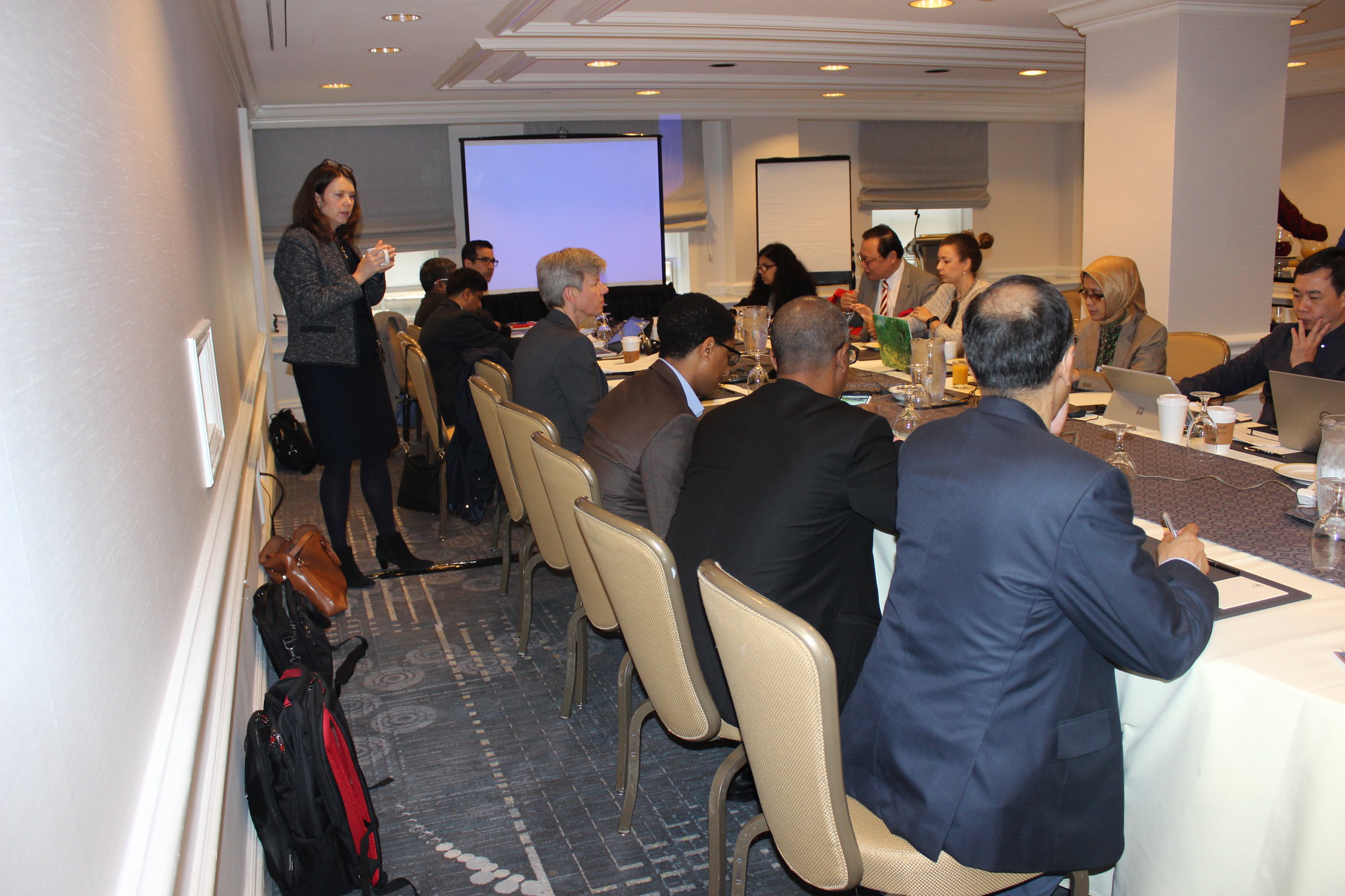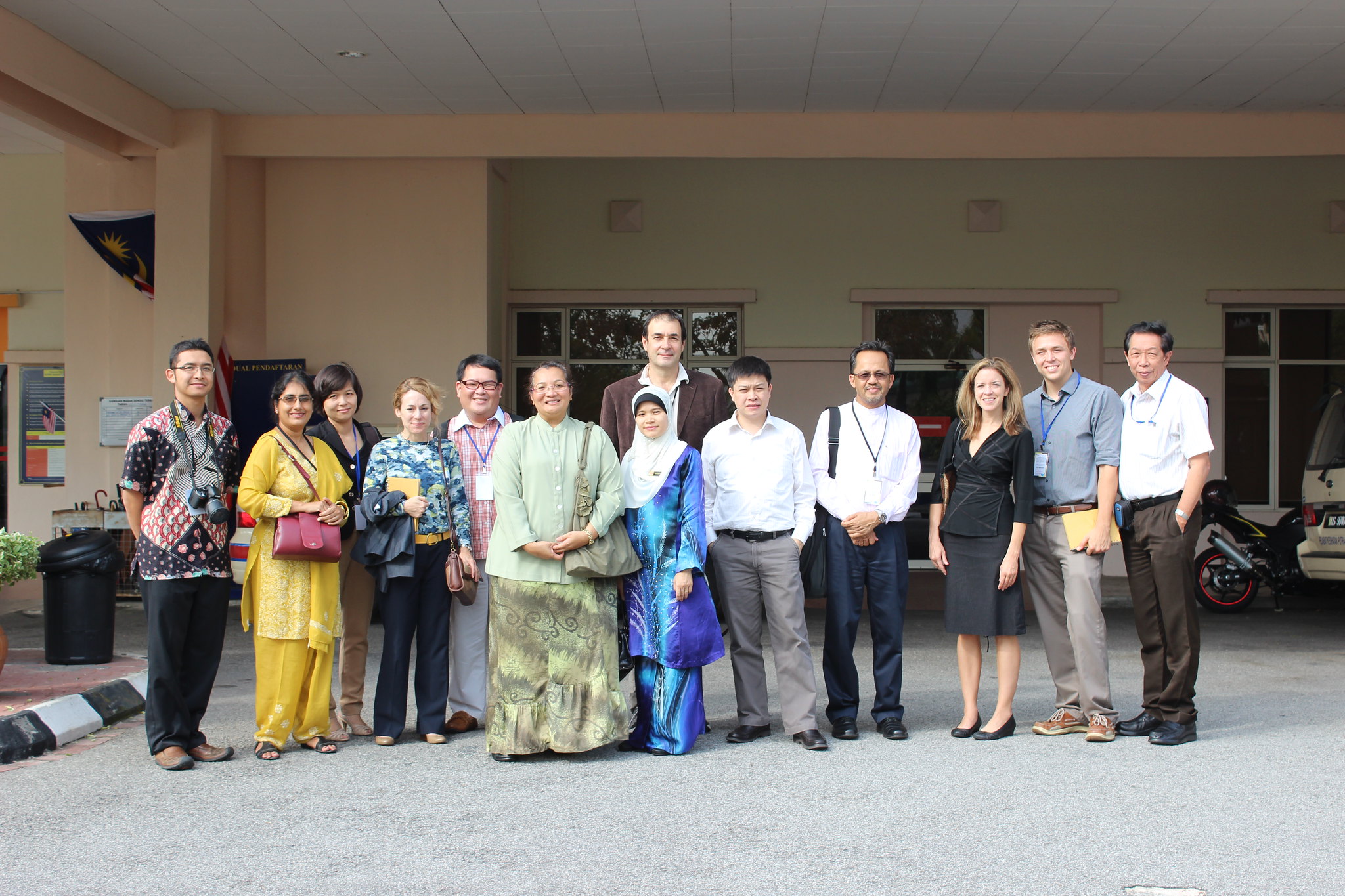Accountable Autonomy: Giving Health Providers the Keys — Without Crashing the System
Author: R4D Technical Facilitation Team The Foundational Reforms for Financing and Delivery of Primary Health Care (PHC) Collaborative brings together practitioners from 14 member countries of the Joint Learning Network for Universal Health Coverage – Botswana, Burkina Faso, Colombia, Ghana, Ethiopia, Indonesia, Kenya, Liberia, Lebanon, Malaysia, Mongolia, Nigeria, Philippines, Vietnam. The practitioners to share lessons and problem-solve on how to transfer resources directly to PHC facilities and ensure effective use of these resources. At the inception of the collaborative, the practitioners identified three learning topics to tackle the pressing needs of the countries represented in the collaborative: resource allocation, provider payment mechanisms and provider autonomy. 26 members of the collaborative from Burkina Faso, Ethiopia, Ghana, Indonesia, Kenya, Malaysia, Mongolia, Nigeria and Philippines met in Accra, from April 23-24 2025, to delve into provider autonomy and the accountability mechanisms applied by countries. In this blog we share the key lessons from this meeting. If well-coordinated, multiple channels of PHC funds can ensure all inputs for PHC services are covered. Indonesia and Mongolia are examples of countries that are consolidating revenue sources to improve coordination. Indonesia and Mongolia have two predominant sources of PHC funds from the local government and from the health insurance fund (Jaminan Kesehatan Nasional – JKN and Health Insurance General Office – HIGO respectively) to the Puskesmas and Soum Health Centres respectively. Both sources have different financial management rules and are remitted to facilities through different payment methods. However, in both countries, these funds are received in a single bank account and providers are able to plan and budget for these funds as a single pot, which improves allocation of these resources at the provider level to the priorities at the PHC facility level. Countries should remain aware of the risks that a high level of fragmentation, with limited coordination, can present, and the administrative and reporting burden that it can pose to PHC managers. In countries where providers generate and retain internal revenue, they most commonly use these internally generated funds for medicines and operation and maintenance costs. The medicines are procured from different channels (1) central medical stores funded through the government budget, (2) private wholesalers and retailers with government budget funds or facility-generated revenue. In Burkina Faso, Gratuité funds are allocated to the medical stores – Centrale d’Achat de Médicaments Essentiels (CAME) for medicines. PHC facilities draw down from their allocation as needed. PHC facilities in Kenya can purchase directly from the Kenya Medical Supplies Authority (KEMSA) or the Mission for Essential Drugs and Supplies (MEDS) and the private market, when commodities are unavailable at KEMSA or MEDS. In countries where providers have autonomy for some of the PHC funds, there is a tendency to introduce a wide variety of accountability which can increase the administrative burden for PHC providers. Countries should assess the level of autonomy being granted to PHC facilities and take steps to achieve the right balance, keeping in mind the value of transactions taking place at this PHC level – particularly for high-frequency but low-value transactions. For example, in Ghana, once the regional directors approve their budgets, PHC facilities, which are recognized as budget management centres have the autonomy to spend their resources in line with their approved budgets and implementation plans. The facilities prepare financial reports and have finance officers to support financial management. This means they do not have to revert back to the regional director for approval for individual transactions after the budget and implementation plan are approved. Clearly defining indicators to measure accountability is an important step to help countries to strike the right balance to track the health outcomes that autonomy is expected to deliver. Most systems already have checks and accountability measures in place, and these can be sufficient to guide autonomy. Accountability without sufficient guardrails may also incentivize providers to prioritize expansion of services and profit over providing quality PHC services to the community. For example Mongolia has revised capitation rates four times since 2019, increasing resources for PHC, but the outcomes achieved were not commensurate with the increase in capitation funds. Mongolia is continuing to review regulations to better align provider behavior to achieve expected health outcomes. At the end of the meeting, participants summarized their key takeaways and actions they are taking to adapt the learnings from the meeting. As next steps, the technical facilitation team are consolidating the inputs from the meeting into a knowledge product that will describe the spectrum of provider autonomy across the 14 countries and the accountability arrangements in place. This will be validated at the final in-person meeting and disseminated as a global public good.





